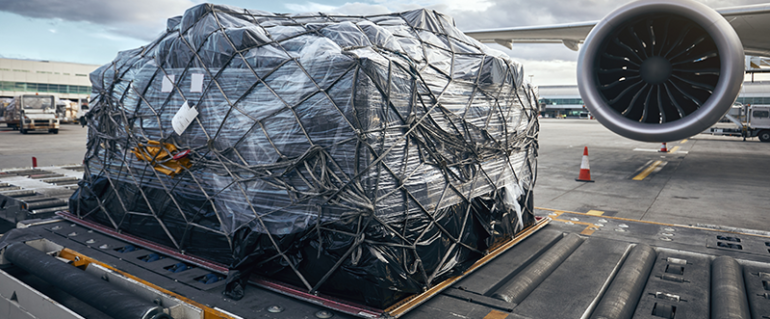Shipping Considerations in a National Emergency or Pandemic
During a global pandemic or natural disaster, it is important to know that service fluctuations will most likely occur to supply chains and logistics. During these times, shipping is still considered to be an essential service, carried out by essential businesses. However, including the steps that must be taken to ensure employee safety and the safety of goods being transported, standard delivery times may be exceeded. Stay flexible, if possible, and know that this industry is doing everything it can to continue services as close to normal as possible.
One example of this is in U.S. ground transportation. According to the U.S. government’s website, in March of 2020, the “The U.S. Department of Transportation’s Federal Motor Carrier Safety Administration (FMCSA) issued a national emergency declaration to provide hours-of-service regulatory relief to commercial vehicle drivers transporting emergency relief in response to the nationwide coronavirus (COVID-19) outbreak.” This emergency declaration states, “To ensure continued safety on the nation’s roadways, the emergency declaration stipulates that once a driver has completed his or her delivery, the driver must receive a minimum of 10 hours off duty if transporting property and eight hours if transporting passengers.” This declaration was extended on May 13, 2020, as it was set to expire, based on an ongoing need for emergency relief goods.
The air cargo shipping sector has also been an integral partner in quickly transporting goods to areas where they are most needed due to the pandemic. Alaska Air Forwarding was proud to ship lifesaving ventilators from Tacoma General in Tacoma, Washington, to Hawaii, where they were more needed.
As experienced with the current global pandemic, here are some possible changes to shipping across all methods:
- Shipment prioritization – PPE, medical supplies (including respirators), food, water, and other goods deemed critical to the support of the pandemic will become priority shipments. Other goods would become secondary and may take longer than expected to be delivered. For example, N95 masks may be shipped before a salad spinner would.
- International shipments may see increased customs inspection times or canceled shipments due to border restrictions or closures
- Staff shortages due to illness
- Unexpected flight cancellations limit air cargo capacity and will increase delivery times
- Surcharges for certain services due to extra handling times
Similar to pandemic closures, if there is a natural disaster such as a hurricane, tornado, or earthquake, shipments into an affected area may be delayed due to road closures, facility damage, and/or recipient address closures. Depending on the extent of the damage to a location, secondary delivery access points may need to be established. It is essential to know that your shipping provider is acting as quickly as possible to prevent disruptions in the supply chain and have contingency plans in place for such emergencies.






